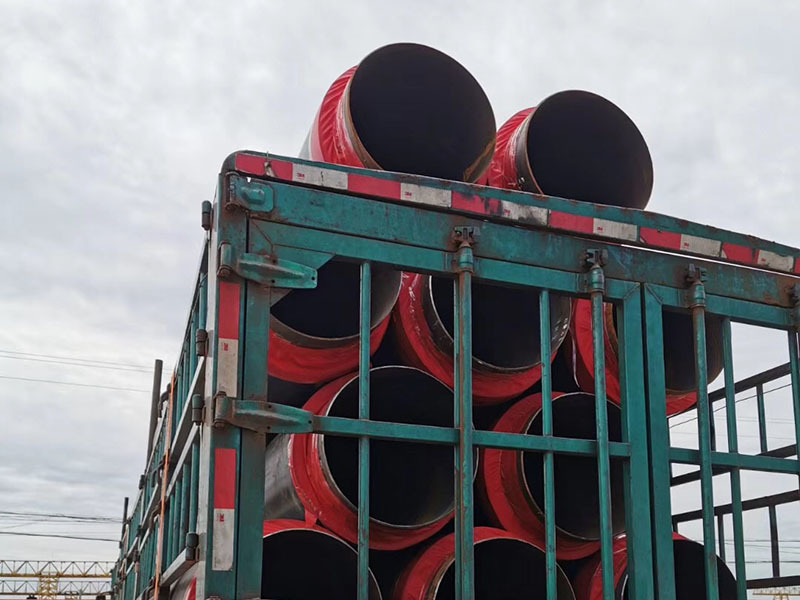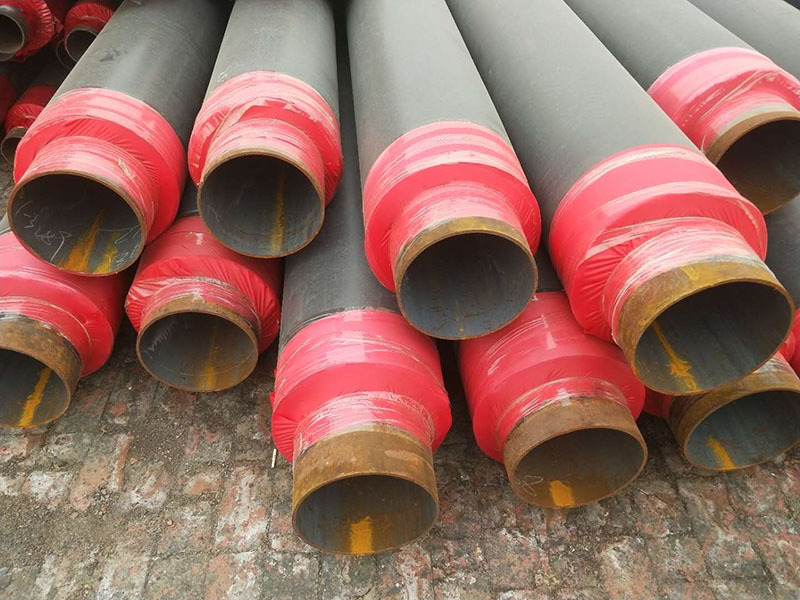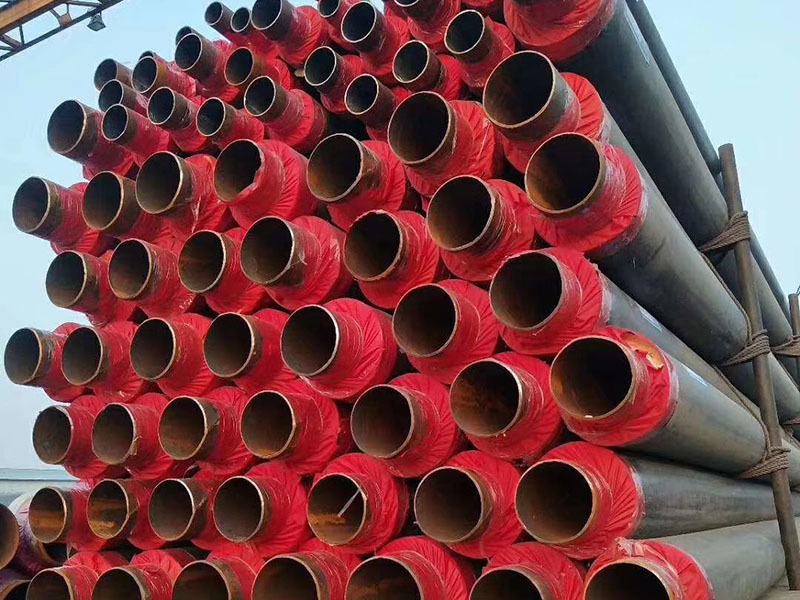Understanding TPEP Steel Pipe: Essential Insights for Construction Professionals
Release time:
2025-04-18
TPEP (Thermoplastic Elastomer Polyethylene) steel pipes are an innovative solution within the realm of construction and decorative materials, specifically designed for various piping applications. Combining the durability of steel with the flexibility of thermoplastic materials, TPEP steel pipes offer unique advantages that cater to the needs of construction professionals. One of the standout feat
TPEP (Thermoplastic Elastomer Polyethylene) steel pipes are an innovative solution within the realm of construction and decorative materials, specifically designed for various piping applications. Combining the durability of steel with the flexibility of thermoplastic materials, TPEP steel pipes offer unique advantages that cater to the needs of construction professionals.
One of the standout features of TPEP steel pipes is their exceptional resistance to corrosion. Traditional steel pipes often succumb to rust and degradation when exposed to moisture and various environmental conditions. In contrast, TPEP steel pipes are coated with a layer of thermoplastic elastomer, which serves as a protective barrier, prolonging the lifespan of the pipe and reducing maintenance requirements. This characteristic makes them particularly suitable for use in environments susceptible to corrosive agents, such as chemical plants or coastal areas.
Moreover, TPEP steel pipes exhibit remarkable flexibility, a property that allows for easier installation and adaptation in various applications. The lightweight nature of these pipes means that they can be handled more easily on construction sites, reducing labor costs and improving efficiency. Their flexibility also enables TPEP pipes to withstand ground movements, making them a preferred choice for areas with seismic activity.
Another advantage of TPEP steel pipes is their compatibility with a range of temperatures and pressures. This versatility allows them to be utilized in diverse situations, from hot water supply lines to high-pressure gas distribution systems. The ability to maintain structural integrity under varying conditions is crucial for ensuring the safety and reliability of the overall piping system.
In terms of sustainability, TPEP steel pipes are also a considerable choice for environmentally conscious projects. The materials used in their production can often be recycled, contributing to a circular economy in construction. This attribute aligns well with the growing trend towards sustainable building practices, as professionals increasingly seek materials that minimize their environmental impact.
TPEP steel pipes are not only designed for functionality but also for performance. They can be customized to meet specific project specifications, including diameter, length, and thickness, ensuring that they meet the precise needs of any construction project. This level of customization ensures that construction professionals can achieve optimal results in both residential and commercial applications.
In conclusion, TPEP steel pipes represent a significant advancement in the field of construction materials. Their unique properties, including corrosion resistance, flexibility, compatibility with varying conditions, and sustainable attributes, make them an excellent choice for a wide range of piping applications. For construction professionals seeking reliable and innovative solutions, incorporating TPEP steel pipes into projects can lead to enhanced performance and longevity.
One of the standout features of TPEP steel pipes is their exceptional resistance to corrosion. Traditional steel pipes often succumb to rust and degradation when exposed to moisture and various environmental conditions. In contrast, TPEP steel pipes are coated with a layer of thermoplastic elastomer, which serves as a protective barrier, prolonging the lifespan of the pipe and reducing maintenance requirements. This characteristic makes them particularly suitable for use in environments susceptible to corrosive agents, such as chemical plants or coastal areas.
Moreover, TPEP steel pipes exhibit remarkable flexibility, a property that allows for easier installation and adaptation in various applications. The lightweight nature of these pipes means that they can be handled more easily on construction sites, reducing labor costs and improving efficiency. Their flexibility also enables TPEP pipes to withstand ground movements, making them a preferred choice for areas with seismic activity.
Another advantage of TPEP steel pipes is their compatibility with a range of temperatures and pressures. This versatility allows them to be utilized in diverse situations, from hot water supply lines to high-pressure gas distribution systems. The ability to maintain structural integrity under varying conditions is crucial for ensuring the safety and reliability of the overall piping system.
In terms of sustainability, TPEP steel pipes are also a considerable choice for environmentally conscious projects. The materials used in their production can often be recycled, contributing to a circular economy in construction. This attribute aligns well with the growing trend towards sustainable building practices, as professionals increasingly seek materials that minimize their environmental impact.
TPEP steel pipes are not only designed for functionality but also for performance. They can be customized to meet specific project specifications, including diameter, length, and thickness, ensuring that they meet the precise needs of any construction project. This level of customization ensures that construction professionals can achieve optimal results in both residential and commercial applications.
In conclusion, TPEP steel pipes represent a significant advancement in the field of construction materials. Their unique properties, including corrosion resistance, flexibility, compatibility with varying conditions, and sustainable attributes, make them an excellent choice for a wide range of piping applications. For construction professionals seeking reliable and innovative solutions, incorporating TPEP steel pipes into projects can lead to enhanced performance and longevity.
keyword:
Related News






